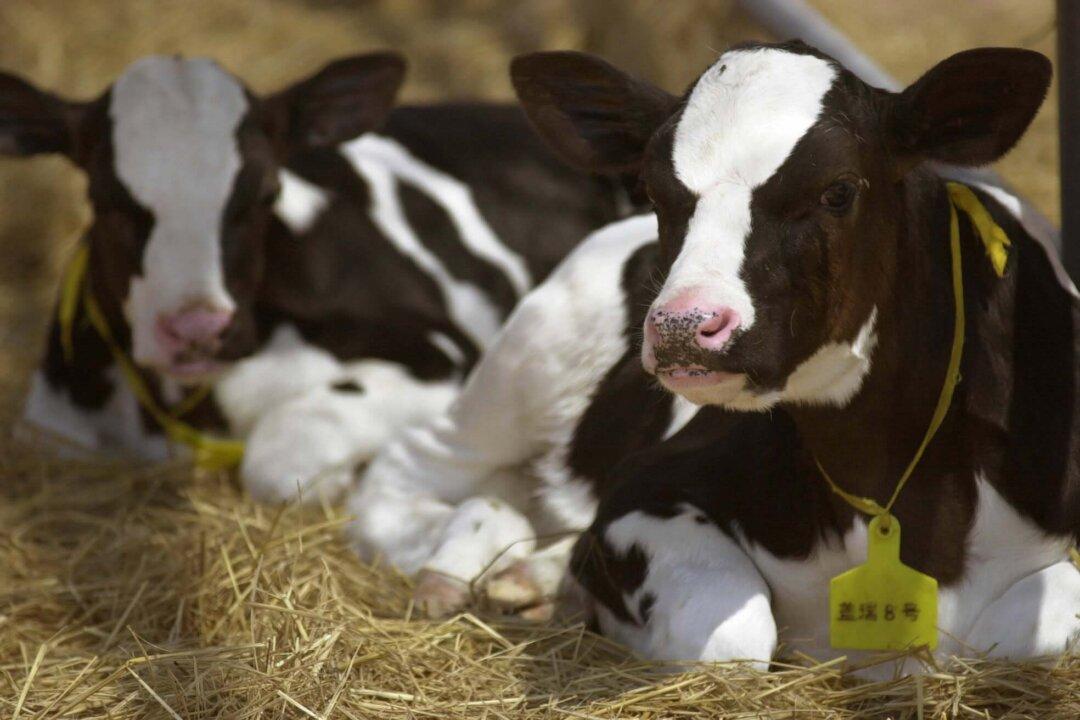A Chinese biotechnology firm is teaming up with a South Korean company to build the world’s largest animal-cloning factory. And like any good cloning story, this one is rife with controversy: the possibility of bioethically dubious human stem cell research, a fraudulent South Korean researcher, a company with military ties, and a deeply skeptical Chinese citizenry wary of cloned meat.
On Nov. 24, BoyaLife Group, a Chinese biotechnology company that focuses on stem cell research and regenerative medicine, announced the construction of a 200 million yuan ($31 million), 15,000-square-meter cloning facility in the port city of Tianjin, in eastern China, according the state-run China Daily.
South Korean company Sooam Biotech, BoyaLife’s partner, will furnish the project’s technical know-how. The two companies collaborated last September to clone three Tibetan mastiffs, an uncommon, costly breed of large shepherd dog.




